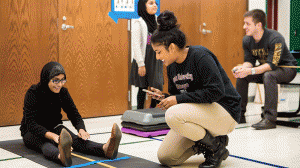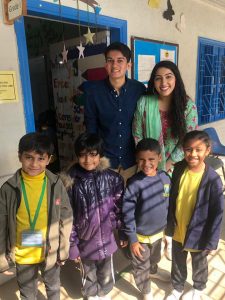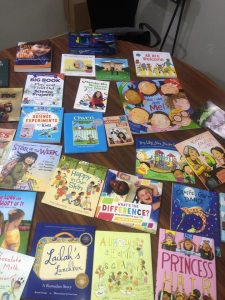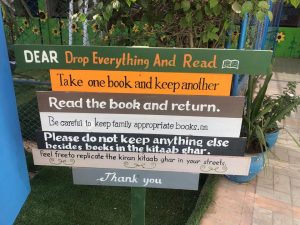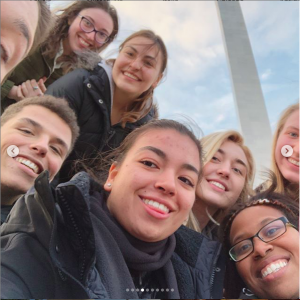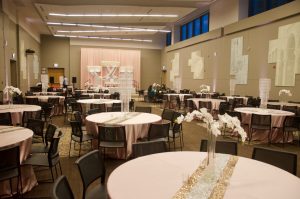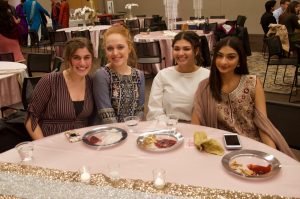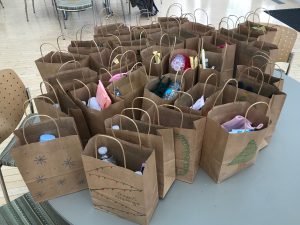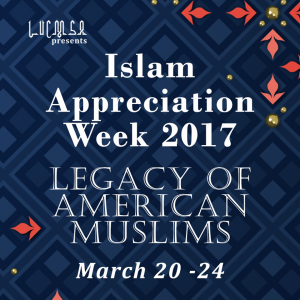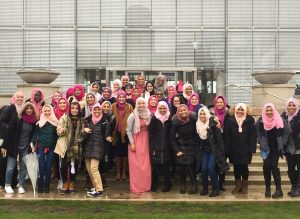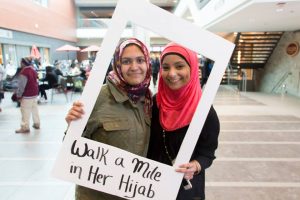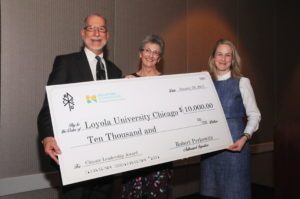Why Education at Loyola University is at the Top
Loyola University Chicago is a Catholic and Jesuit University where ethical and spiritual values are central. These values are expressive of human wisdom, informed by the traditions of American higher education, and animated by contemporary ideals of the Society of Jesus.
Although I do not identify myself as a Catholic, Loyola involves students and patients, faculty and staff from so many nations and neighborhoods, religious backgrounds and ethnic traditions.
Loyola University is one of 23 Jesuit universities and colleges in the United States.
Here are five “characteristics” that explain the Jesuit method of education at Loyola Chicago that makes it incredibly inspirational.
The first characteristic of Jesuit universities is a passion for quality. Jesuit universities set demanding standards for both students and faculty. If it is worth doing at all, it is certainly worth our very best. Whether it be a medical or law school, business or liberal arts college – Jesuit education has, in every age, aimed at educational excellence.
A second characteristic of Jesuit universities is the study of the humanities and the sciences, no matter what specializations may be offered. Loyola wants our students to be able to think and speak and write; to know something about history, literature and art; to have their minds and hearts expanded by philosophy and theology; and to have a solid understanding of math and the sciences with a liberal education.
A third characteristic of Jesuit education and so of Loyola University is its preoccupation with questions of ethics and values for both the personal strength and professional witness of its graduates. Family values, personal integrity and business ethics have always been important. In recent years, this characteristic has taken on added dimensions. Spurred by papal encyclicals and the pastoral letters of the American bishops, Jesuit institutions have tried to focus attention on the great questions of justice and fairness that confront our age: economic inequity, racism and unemployment in our own country; the global imbalance of economic resources and opportunities; and poverty and oppression in the Third World, to cite some examples. These are not easy issues, nor do they have any certain and universally accepted solutions. But Jesuit institutions today feel compelled by our tradition to raise these questions for our students, not through sloganeering and political maneuvering, but in a way that is proper for higher education: through learning and research, reflection and creative action.
A fourth characteristic of Jesuit education is the importance it gives to religious experience. Religious experience is vital and must be integrated into the educational process so that a student has the opportunity to grow in both knowledge and faith, in belief and learning. As a Catholic university, we try to open this all-important horizon of faith experience for all our students, whatever their religious tradition may be. Faith in God is not an obstacle to learning; indeed belief can often sharpen and focus one’s intellectual search. Prayer and liturgy are no threat to knowledge; they help form and strengthen an educational community in the fullest sense.
Finally, we come to the fifth characteristic of Jesuit education: it is person – centered. No matter how large or complex the institution, each individual is important and is given as much personal attention as humanly possible, both in and out of the classroom. The reason for this specific care for the individual is that, for so many faculty and staff at Loyola University and in our sister institutions, teaching and patient care are much more than a job – indeed more than a profession. They are a way of life. This is true not only for members of religious orders but for so many lay men and women of different religious backgrounds who look on their work of teaching or administration as sharing in God’s handiwork, as service to others in the ministry of education and health care.
We believe that the real measure of our Jesuit universities lies in who our students become, so we engage them with real-world problems and promote social justice through academic and service-learning opportunities.

